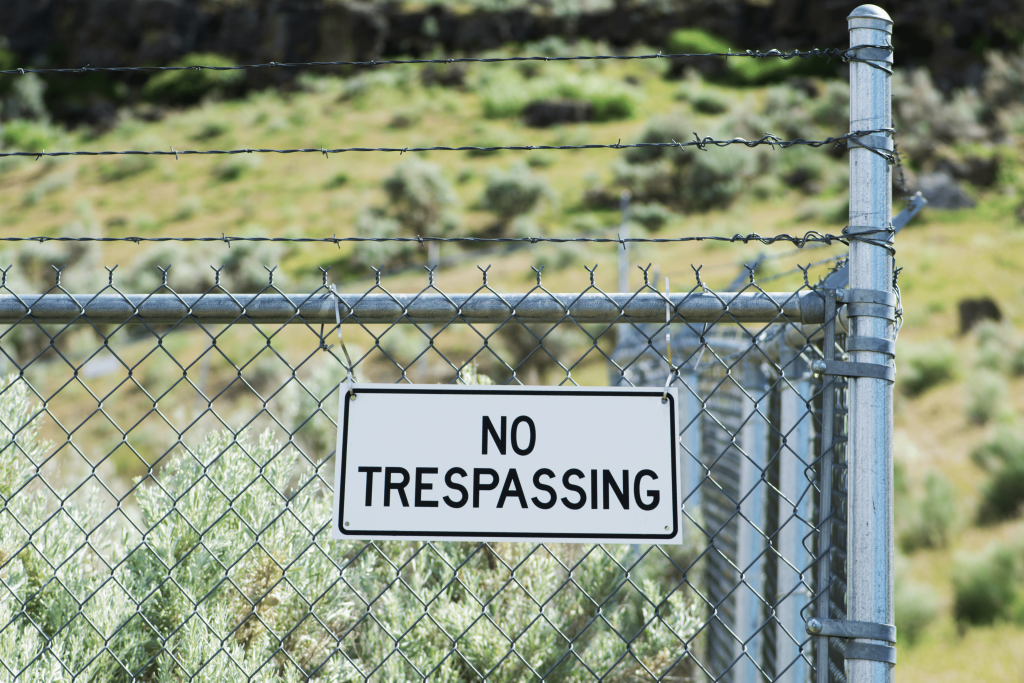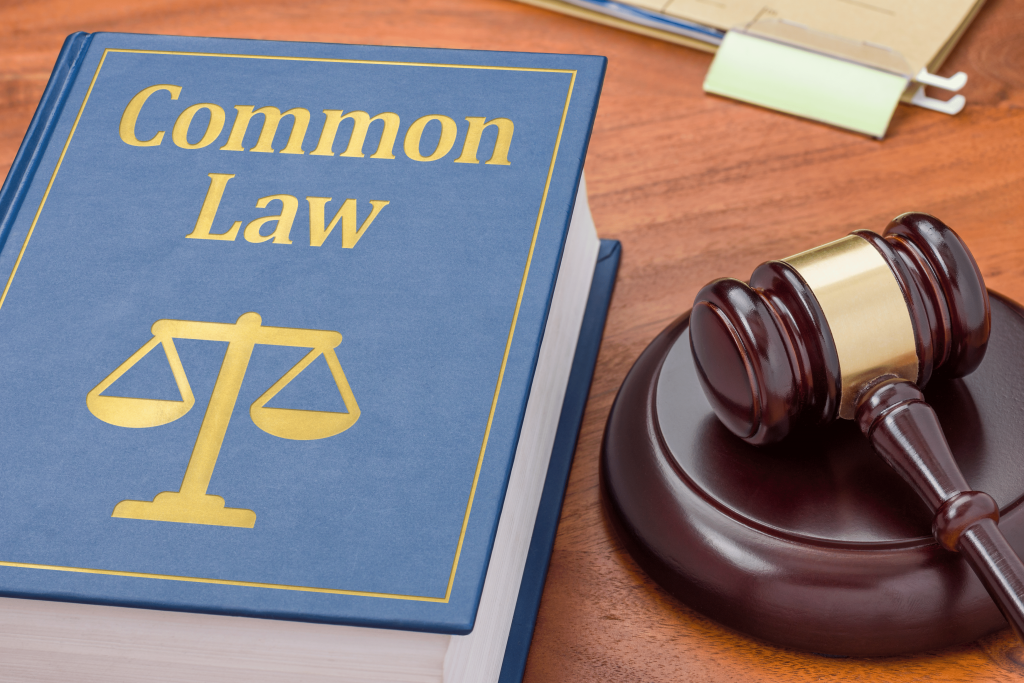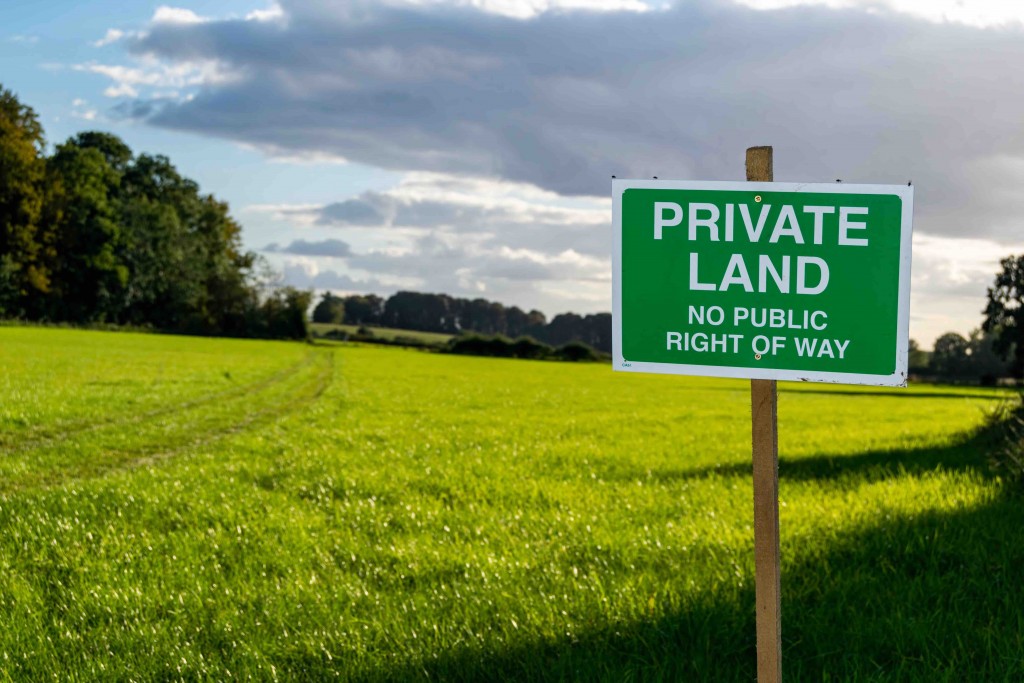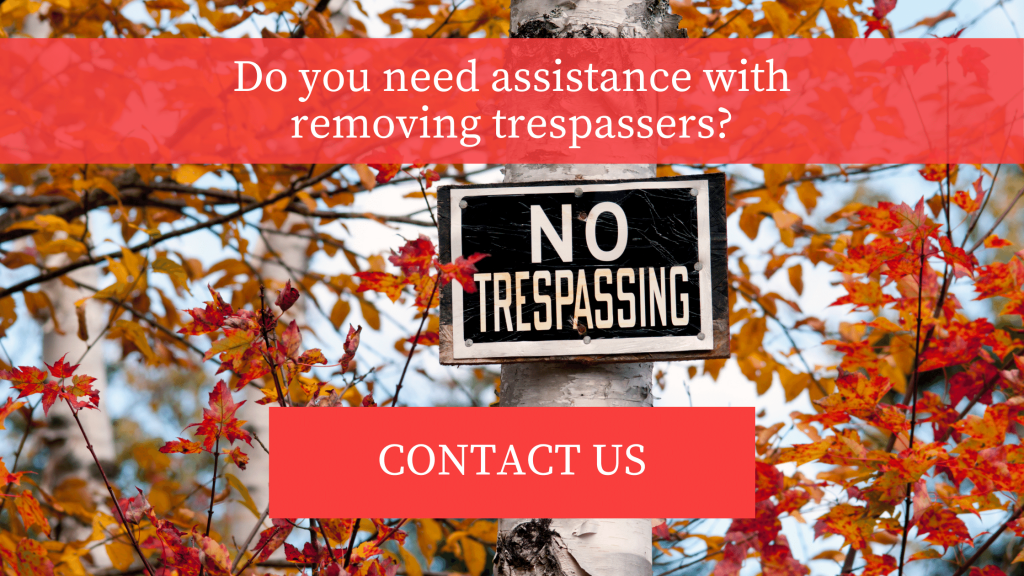If you own your own home or land in the UK then the problem of trespassers is one you can encounter in some form at any stage. Trespassing can be anything from a neighbour constantly using your driveway to access their property to someone entering your land and staying there. But how do you deal with trespassers in the UK?
There are two main options, both with a clear path to follow. If you are a property owner and have trespassers on your land, you can work with experts to get the problem solved, legally and correctly.
What is trespassing?
Trespassing is what’s known as a civil wrongdoing or a tort. This means it isn’t a criminal offence in itself but there are things involved with it that can be. In UK trespass law, there are quite a few ways that someone can be trespassing on your property including:
- Illegal gatherings such as people setting up a camp
- Squatters who have taken up residence in an empty property
- Members of the public using private land as a shortcut to somewhere
- Animals wandering onto neighbouring properties or natural features
- Fly-tipping rubbish on someone’s land
- Boundary disputes such as problems with a fence or building
Is trespassing illegal in the UK?
Generally, trespass isn’t considered to be a criminal offence and is more of a civil issue. But in some cases, there are situations that involve criminal law.
For example, squatters, raves and hunt saboteurs who trespass will fall under the Criminal Justice and Public Order Act 1994 Sections 61 and 62 of trespassing on land and trespassing with vehicles. Squatting is also illegal under the Legal Aid Sentencing and Punishment of Offenders Act 2012, section 144 in some situations. In these circumstances, the situation would qualify as criminal trespass.
Aggravated trespass can also be considered criminal activity. This is where the trespasser disrupts, obstructs, or intimidates those attempting to carry out lawful activity in the area.
What is Notice of Trespass in the UK?
There isn’t an official system for notices of trespass within the UK. However, a written or emailed notice could be part of your request as a landlord for the tresspassers to vacate.
If you get in touch with enforcement services, they may also have documents to fill out in order to record the incident and make an official request.
Can police remove trespassers?
There are some situations where the police can remove trespassers for you. Under Section 61 of the Criminal Justice and Public Order Act 1994, the police have the power to ‘direct trespassers to leave land (but not buildings)’ where they have reason to believe they have entered intending to occupy it.
Other situations where the police can be involved is if there has been abusive or threatening behaviour from the trespassers towards the owner of the land, their family or employees. Another situation is if there are six or more vehicles on the land from the trespassers.
The power is a discretionary one so the police will look at every case to decide whether to get involved. Damage to the property or threatening behaviour is more likely to see police involvement. But the landowner must also take reasonable steps to ask the trespassers to leave the property.
How can I deal with trespassers in the UK?
Sadly, sometimes the issue of trespassers becomes one that the landowner feels needs more than just a polite conversation. Or that the police won’t get involved with. This is when knowing the options to evict trespassers and what you can do is important.
Option 1 – Trespasser eviction process steps under Common Law
The first option in terms of removing trespassers is to use Common Law to take action.
Step 1: Landowner request trespasser to leave
The first thing to do is request that the trespassers leave the property or stop using it in the manner that they are.
Under Common Law, there are rights for landowners to remove people from their property that date back to the 1400s. This includes removing a building erected on land that someone doesn’t own.
Landowners can take reasonable steps to stop people from entering their property but it is best to get legal advice before doing anything too radical to be sure you have the legal right to take the steps you are considering.
Step 2: Get in touch with Enforcement Officers
Once you have taken steps to tell the trespassers they need to leave and taken some steps to try to prevent them from accessing the property, you should get in touch with Enforcement Officers if this isn’t working.
Using certified enforcement officers means you can be sure that everything is done within the legal boundaries and using the procedures laid out in the laws. Otherwise, there’s always the risk that you, the landowner, is the one facing a visit from the police.
Enforcement officers will be able to create the relevant paperwork to back up your request for trespassers to leave and can offer services such as manned security to prevent them from returning.
Step 3: Using reasonable force
The final step may be to use reasonable force to remove the trespassers. Enforcement Officers who are registered in England and Wales (or in Scotland if you live there) should be the ones to do this as they are aware of what the legal advice states about what is reasonable and what isn’t.

Option 2 – Trespasser eviction by obtaining an order for possession
The other option is to look at a court order to remove the trespassers in a similar way to how you would deal with an eviction of a tenant that won’t leave the property.
Step 1: Applying through the Court for an Order for Possession
The first step is to apply to the court for an Order of Possession. This comes under Part 55 of the Civil Procedure Rules and sometimes you will be applying for an Interim Possession Order to move trespassers while a full hearing takes place. This needs to be made within 28 days of the trespassers being informed they must leave or when they ought to have known they entered the property.
Most of the time, the matter will be handled by the County Court for the district where the land is located. Once proceedings are issued, these are served to the trespassers. This gives them 24 hours to leave or they are committing an offence.
Hopefully, this will be the end of the process but if they still refuse the leave, there are further steps to take.
Step 2: Transferring the order to the High Court
If the trespassers don’t leave, then it is possible to move the order to the High Court because the trespassers are now committing a criminal offence under Section 76 of the Criminal Justice and Public Order Act 1994.
Step 3: Obtaining Writ of Possession
Once the case has been transferred to the High Court, a Writ of Possession can be issued. This allows a High Court Enforcement Officer to take over the case. These Writs last for longer than a warrant of possession which expires after 12 months.
Step 4: Instructing High Court Enforcement Officers
Once you have a Writ of Possession, you can instruct High Court Enforcement Officers to take on the case. They will then deal with the trespassers and look to remove them from the property. They will also ensure that everything is done correctly and in line with the latest laws so you are legally protected from trespassers.
How to keep trespassers off your private property?
As with any legal issue, the best way is to prevent the problem and avoid needing to take any of these steps. There are a few things you can do to keep trespassers off your land and reduce the risk of this kind of problem occurring.
Something as simple as no trespassing signs can work for casual trespassers who don’t realise they are doing something wrong. Placed on gates and other access points, these are blunt and to the point but they can work.
Knowing your neighbours and seeing what you can work out with them regards to things like buildings or access is another step to avoid problems. While there’s the right to defend your property from trespassers, neighbours also have some access rights, often in the deeds of their property. So understanding them and these rights is a good way to avoid problems.
Physical barriers, screens, fences and even hedges can all help show that land isn’t open for the public and to mark it as private property. It is important to check with your local authority if there are any restrictions or rules about what you can do before you take any steps. For example, fences may need to be under a certain height around some parts of the property.
Getting professional help with trespassers
One of the most important things with dealing with trespassers is to get the right help from the right people. This may be legal advice or help from the right people in your local council. But in many cases, it is property owners working with enforcement services to make sure everything is handled correctly.
Here at Able Investigations, we have the experience and knowledge to help you with any type of trespasser case. We have worked with landowners of all kinds across the UK ranging from small neighbour disputes to major squatting issues. We know the law, the reasonable force that can be used and what procedures can help solve your problem.
Call us today if you have a trespasser issue or want to get some expert advice and we can help.
[hubspot portal=”20199261″ id=”203fcbcf-9740-487a-a5c8-26f504fd0608″ type=”form”]FAQs
Can you sue for trespassing in the UK?
Yes, suing trespassers is an option if they made gains through the trespass. However, it is most common in situations where the trespasser damaged property and the owner wishes to be reimbursed through the courts.
What happens if you get caught trespassing in the UK?
You will likely be firmly asked to leave. The owner or security guards may legally escort you from the area without using excessive force. It’s also possible that an injunction or damages may be made against you.
Do the police deal with trespassing?
Trespassing is rarely a criminal offence so they will usually only be called if there seems to be a real risk to life or property. In most cases, trespassers will deal with the land owners or private agents hired by them.
How do you keep someone off your property legally?
No trespassing signs on access points should be your first step. If a group or individual continues with a case of aggravated trespass, this is considered a criminal offence and you may involve the police or other professionals. Regular trespassers may be dealt with through common law proceedings or an order for possession.





Comments are closed.